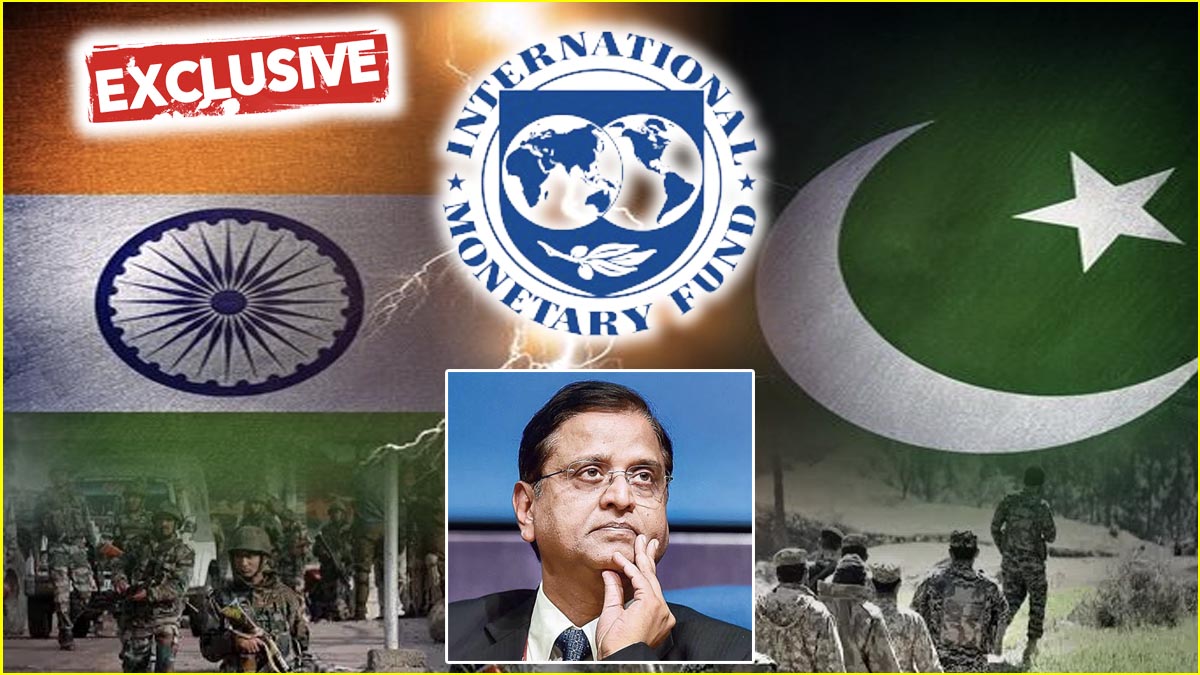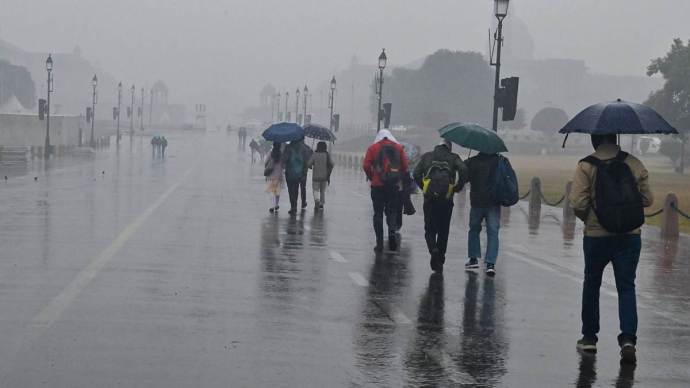The International Monetary Fund (IMF) has approved the disbursement of $1 billion to Pakistan. The approval came following IMF’s review of Pakistan’s economic reform program under the Extended Fund Facility (EFF). The IMF also considered a fresh Resilience and Sustainability Facility (RSF) lending program ($1.3 billion) for Pakistan.
Subhash Chandra Garg, a 1983-batch IAS officer of Rajasthan cadre, and former Finance Secretary of India, talked on the loan sanctioned to Pakistan, in an exclusive interview with News24’s Akshat Mittal. Garg also held other prominent positions like Economic Affairs Secretary of India, and Executive Director at the World Bank.
India abstained from the vote on Pakistan’s loan programs, citing terrorism concerns. On the question of IMF’s consideration of India’s concern, Garg said, “there is no possibility that IMF will take note of any concern regarding terrorist funding, until there is a change in status by the Financial Action Task Force (FATF).”
Excerpts From The Interview
Question: What criteria did the IMF consider when approving loan disbursements to Pakistan?
Answer: There is a very detailed program which was approved by the IMF for Pakistan in 2023–24. This program laid down what Pakistan needed to do in terms of the fiscal side, banking system, foreign portfolio, foreign investments, and balance of payments. IMF programs are not simple discretionary things.
There were certain conditions set that Pakistan needed to fulfil, which were under a very detailed matrix. Most importantly, this review was to assess whether Pakistan had satisfied those conditions or not. The IMF was satisfied with Pakistan’s performance, and therefore it disbursed the loan. Furthermore, there are five more instalments to come. I guess the IMF will conduct similar assessments every six months and disburse a billion-dollar fund each time.
Question: Why do global institutions like the World Bank and IMF continue to provide loans to Pakistan despite India’s concerns about terror financing?
Answer: Institutions like IMF and World Bank do not deal with the issues of terror funding or money laundering. IMF takes on board the assessment of the FATF, i.e., Financial Action Task Force. FATF has the task to assess issues like terror funding or money laundering. Moreover, FATF does every country’s assessment and categorizes them into four or five lists. There is a black list in which the FATF’s message is that don’t do any business with them, like North Korea and Iran are currently in the black list. There is a grey list. Being on the grey list means conducting business with heightened scrutiny and awareness.
IMF takes note of it and if countries are in the grey list, it either don’t do any loaning there or do it with much stricter conditionality. Pakistan was in the grey list until 2022 and the IMF did not sanction the loan there. Once Pakistan came out of the grey list of FATF in October 2022, the IMF started doing the business with them.
Therefore, there is no possibility that IMF will take note of any concern regarding terrorist funding, until there is a change in status by the FATF.
ALSO READ: IMF Approves $1 Billion Loan To Pakistan Despite India’s Warning Over Cross-Border Terrorism Funding












